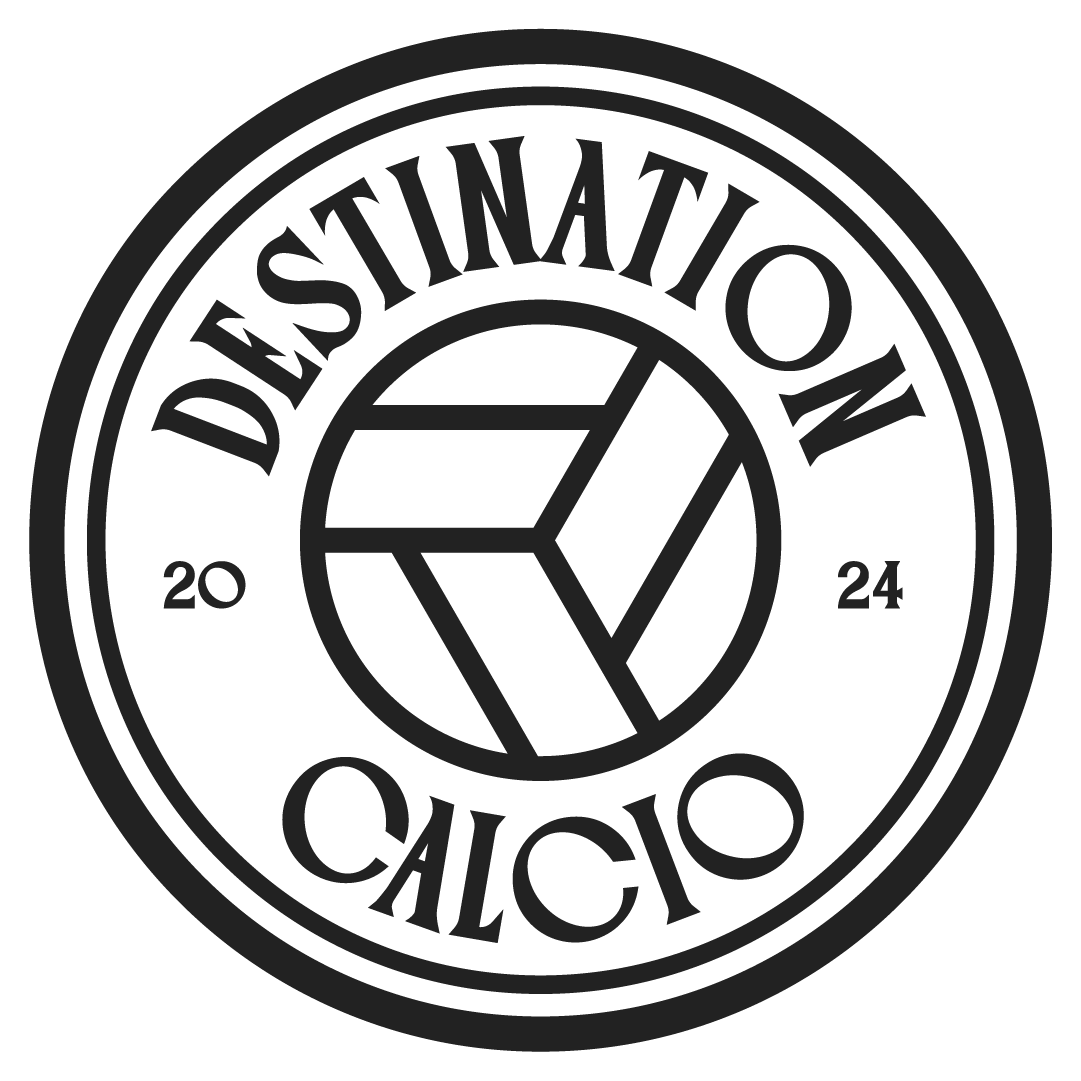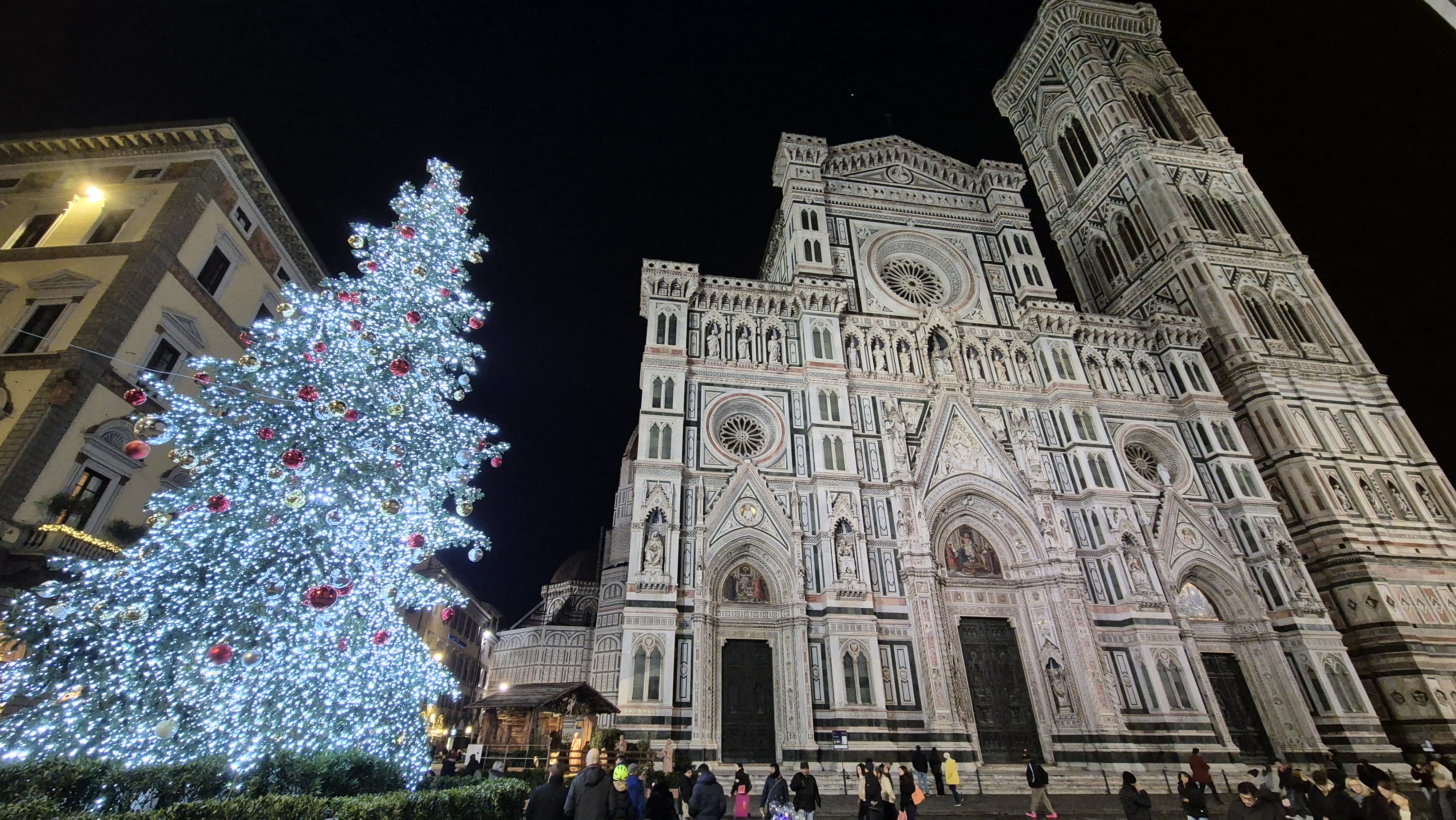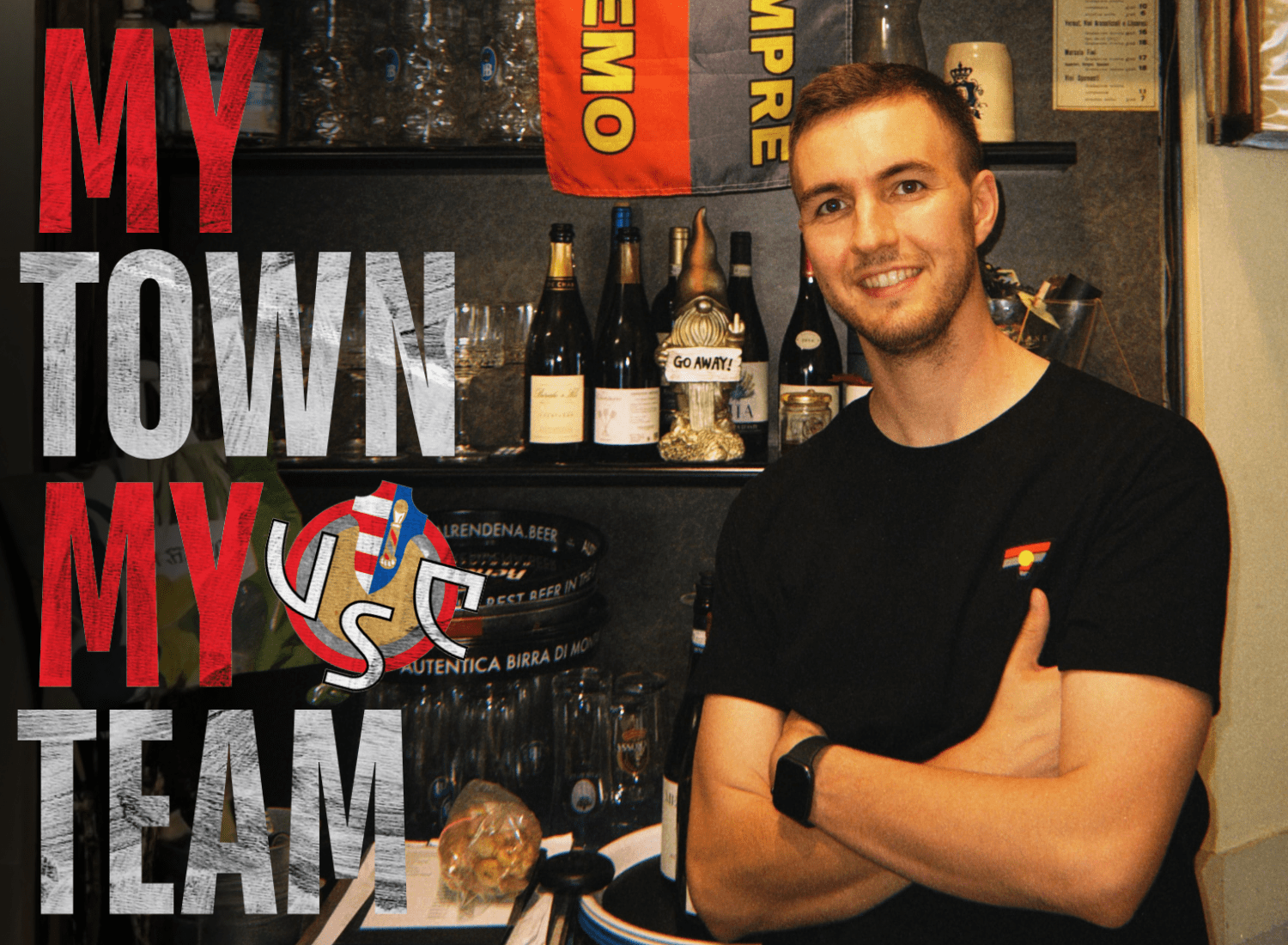
Huge Summer Ahead for Juventus… After Being Ignored for Most of the Season, They Would Love to be Hated Again
By Emmet Gates
How often does a Serie A season conclude and Juventus are not in the headlines?
Italy’s biggest club made for an odd entity in 2024-25: always lingering in the top four or five but without ever really making a splash.
Strange as it may seem considering this is Juve we are talking about, but they were just, there. Showing remarkable consistency to cling on to the final Champions League spot without actually doing anything remarkable.
With all the attention on Napoli and Inter battling it out for the title, Claudio Ranieri’s last dance with Roma and Bologna’s first triumph in over half a century, the 36-time champions were a complete afterthought.
The only time the Bianconeri were deemed newsworthy was when Thiago Motta was sacked in March after just nine months in charge.
Being ignored or glanced over normally is not the Juve way. They were in their Ringo Starr phase after years of being Sir Paul McCartney.
Therefore what Juve do this summer will make for interesting viewing.
The first big step has been to get rid of sporting director Cristiano Giuntoli. The 53-year-old couldn’t have come in with more momentum after playing a big role in Napoli’s long-awaited Scudetto win two years ago.
Giuntoli had been responsible for signing players such as Victor Osimhen, Khvicha Kvaratskhelia and Kim Min-Jae, key ingredients in the title win, and Juve thought they could tap into his knowledge of the market to bring the club back to the pinnacle of Serie A after three years without a Scudetto.
Giuntoli, who was a Juve fan growing up, was nothing short of disastrous.
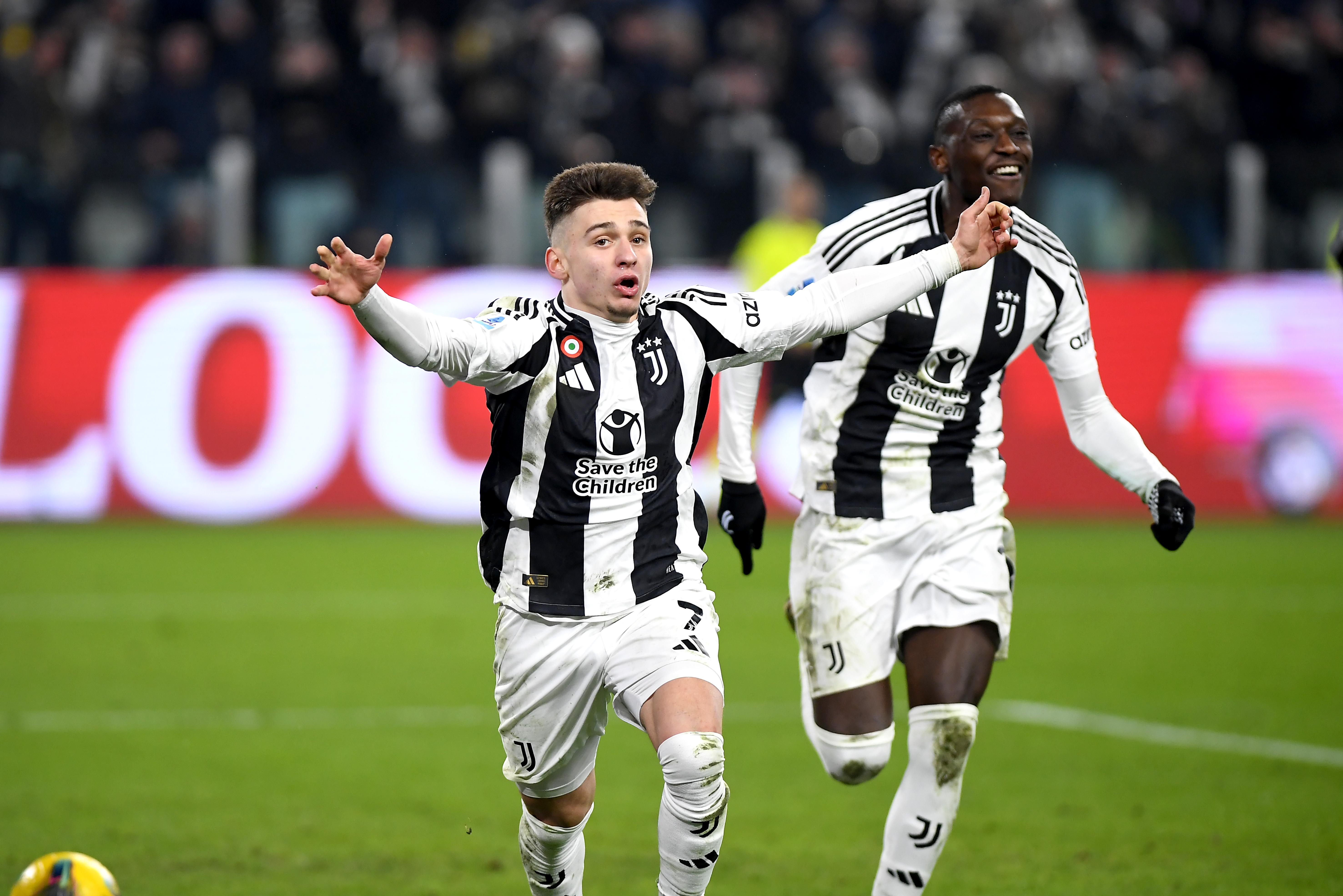
Max Allegri, somehow, steered what was one of the worst Juve squads in living memory to third in Serie A and secured the Coppa Italia at the end of Giuntoli’s first campaign.
Yet the director had antagonised the Tuscan for months, and the abiding visual of that season was the Tuscan’s explosion as club captain Danilo was lifting the Coppa Italia in Rome.
Allegri had known for months he was a dead man walking and, given his stellar track record at the club, felt he deserved better. Off came the jacket, tie and very nearly the shirt and trousers as he unleashed months of pent-up frustration.
Motta arrived as his replacement last June and, unlike Allegri, was armed with over €200million worth of talent to forge a starting XI with.
Giuntoli ultimately paid the price for hiring Motta and getting so many signings wrong. Douglas Luiz, Teun Koopmeiners, Nico Gonzalez and Lloyd Kelly all disappointed.
Luiz spent most of the season injured; Koopmeiners looked a shell of the player who had starred at Atalanta, while Gonzalez was injured for months, showing only glimpses of the talent he can be. And Kelly’s start to life in Italy after arriving in February has been what one could only describe as mediocre.
Those four players cost in excess of €170m. A simply mind-boggling number.
Another strike against Giuntoli was the players he let leave. Matias Soule, Samuel Iling Junior and Koni De Winter were all painful financial sacrifices, with the sale of Dean Huijsen to Bournemouth now looking like a massive mistake.
The 20-year-old was sold to the Cherries for €18m. Not even a year later and he was sold again to Real Madrid for €60m after a magnificent season in England.
Giuntoli, along with Motta, ostracised club captain Danilo to the point where the Brazilian left in January. The same went for Nicolo Fagioli, who was shipped off to Fiorentina in tears after he fell foul of Motta earlier in the season.
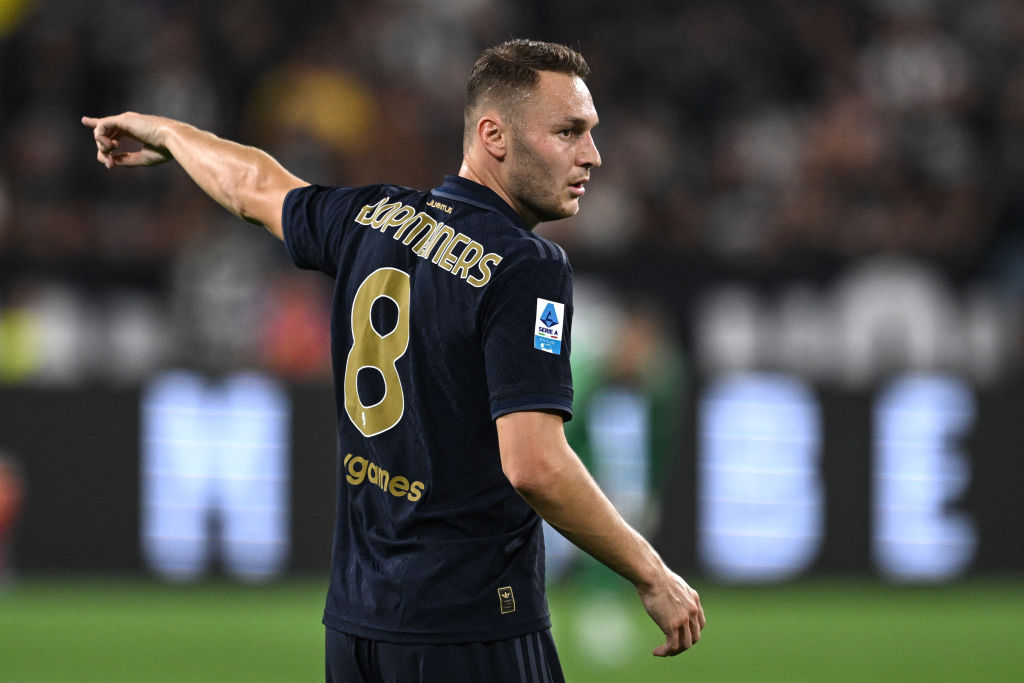
There were also reports of a coldness and lack of empathy between the manager and players. That frosty dynamic transferred on to the pitch. It was hard to say what Motta was trying to achieve at Juve: there was no discernible style of play, no identity, no tangible evidence of what he was trying to do.
Performances fluctuated, usually from drab-but-efficient to simply drab. Juve collected draw after draw and while they were not losing games, they weren’t winning too many. They were accused by club legends of ‘lacking nastiness’ and the will to win.
In truth, the watershed moment of the season came with Bremer’s injury against RB Leipzig in October.
The Brazilian had been exceptional in the early weeks, but after he went down clutching his knee following a clumsy fall in eastern Germany, Juve’s defence never looked quite the same.
Bremer was ruled out for the season with an ACL injury, and while Pierre Kalulu and Federico Gatti marshalled the defence as best they could, the solidity was gone.
Injuries were out of Motta’s control, but he did make some head-scratching decisions: starting Koopmeiners and Kenan Yildiz in unnatural positions felt like trying to fit round pegs in square holes. Timothy Weah was employed as a false nine at one stage.
Moreover, his dislike of Dusan Vlahovic became ever more apparent as the season went on. Once Randal Kolo Muani was signed on loan from Paris Saint-Germain in January, Vlahovic barely played.
The Serb simply wasn’t a Motta player and when the axe finally fell, he was likely one of the happiest men in Turin.
Giuntoli had gambled on Motta and when it didn’t pay off, reportedly told him – point blank – he was ‘ashamed’ he’d chosen him.
When the news spread that Motta had been fired, only winger Samuel Mbangula publicly thanked him.
Igor Tudor was, and remains, caretaker boss of Juve. The Croat guided them to fourth and secured Champions League football, imperative for their financial health.
The sentiment within the fanbase is that the current iteration lacks people higher up who truly understand what the club is, what it represents.
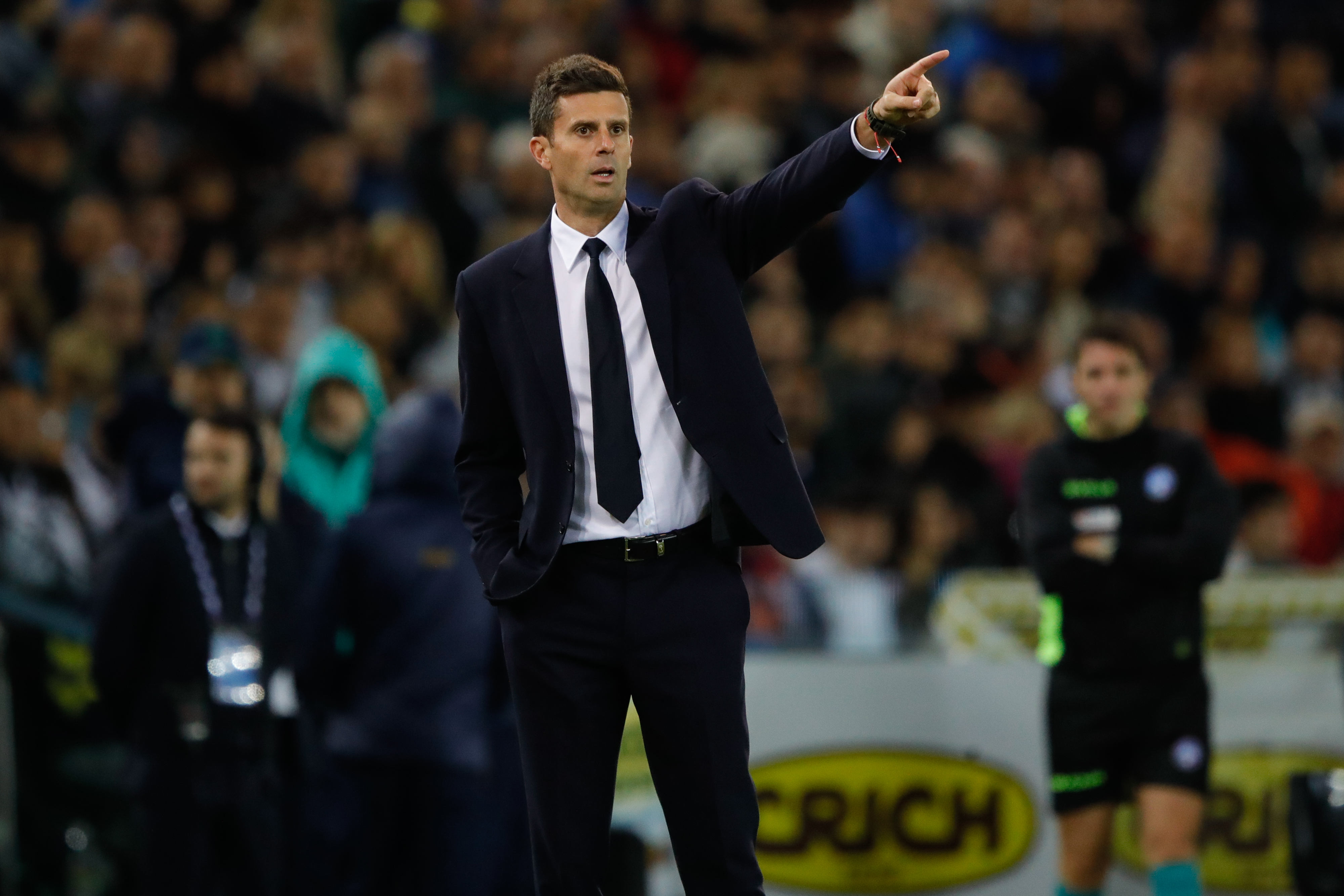
Tudor, who spent nine years in Turin as a player and won several Scudetti, isn’t one of them.
“Nobody gives a damn if you’re young or old at Juventus, you have to be strong. Juve is a club that does the right things by making the right choices with the right people,” he said in his first press conference.
A revolution is taking place behind the scenes. Along with Giuntoli, managing director Francesco Calvo is also departing.
Damien Comolli, formerly of Liverpool, Tottenham and Fenerbahce, has been drafted in as general manager. Club legend Giorgio Chiellini has been installed as director of football strategy.
The sporting director position is still vacant, with rumours linking Ricky Massara, Diego Lopez, Hasan Salihamidzic and Matteo Tognozzi.
It appears the latter is close to taking the role. He has previously worked at Juve as a scout and unearthed the likes of Soule, Huijsen and Yildiz for the Next Gen programme.
Antonio Conte had been sounded out over a return in the aftermath of his Scudetto triumph with Napoli.
Conte would have been the perfect fit, many felt. A coach who, like Tudor, knows the values of the club. Conte opted to remain in Naples.
Juve then briefly turned to Gian Piero Gasperini, but the former Atalanta coach had already given his word to Roma.
Tudor is now likely to remain on the bench next season after a positive meeting with Comolli and phone call with John Elkann, current CEO of Exor, the corporation who controls The Old Lady, as well as Stellantis and Ferrari.
FIFA’s new Club World Cup also looms on the horizon with Juve set to take part. A good showing in the competition will cement Tudor’s chances of taking the job permanently.
There is a lot of work to be done by Comolli, Chiellini and the soon-to-be-announced sporting director this summer. There will likely be a mass exodus of talent. Luiz, Vlahovic, Gatti, Andrea Cambiaso, Nicolo Savona and Mbangula have all been linked with departures. Only Yildiz and Bremer are guaranteed to remain.
The Giuntoli era promised so much, but in the end delivered so little. Millions wasted, young talent sacrificed. How Juve bounce back will be one of the most interesting elements of Serie A next season.
“It’s better to be hated than ignored,” said Pulitzer Prize-winning author Viet Thanh Nguyen.
Juve, most fans would argue, have been the latter for too long and a return to the former is a must.
Related Articles
Related Articles
Florence is a dream destination year-round, but visiting during the winter months offers a completely different and magical experience.
We get a local take on what's hot in Cremona - where to eat and drink, sights to see and handy hints that might not be in the tourist guides.
The Artemio Franchi will always be the main reason calcio fans head to Florence but there is one other thing that must be on the to-do list.
